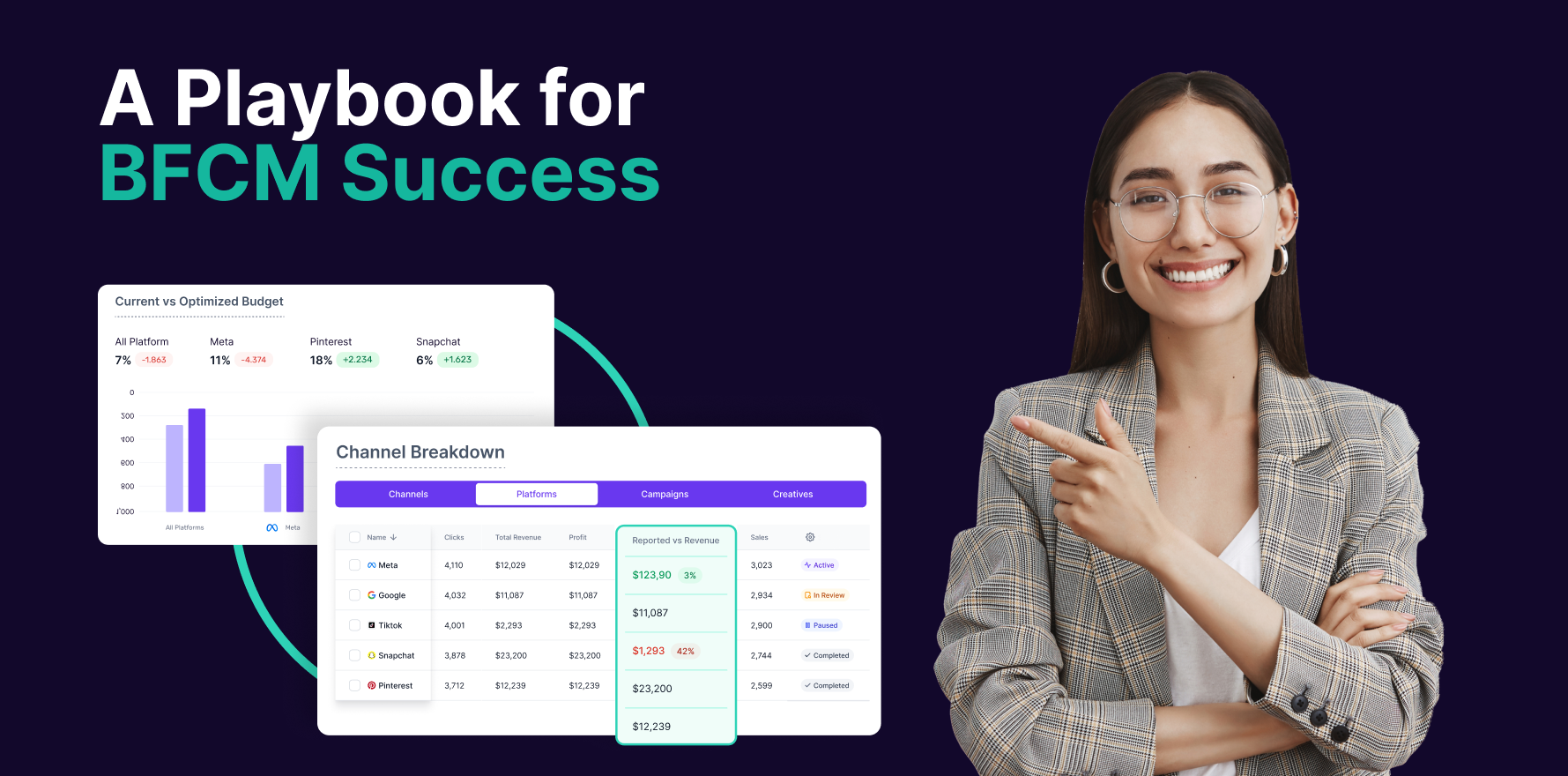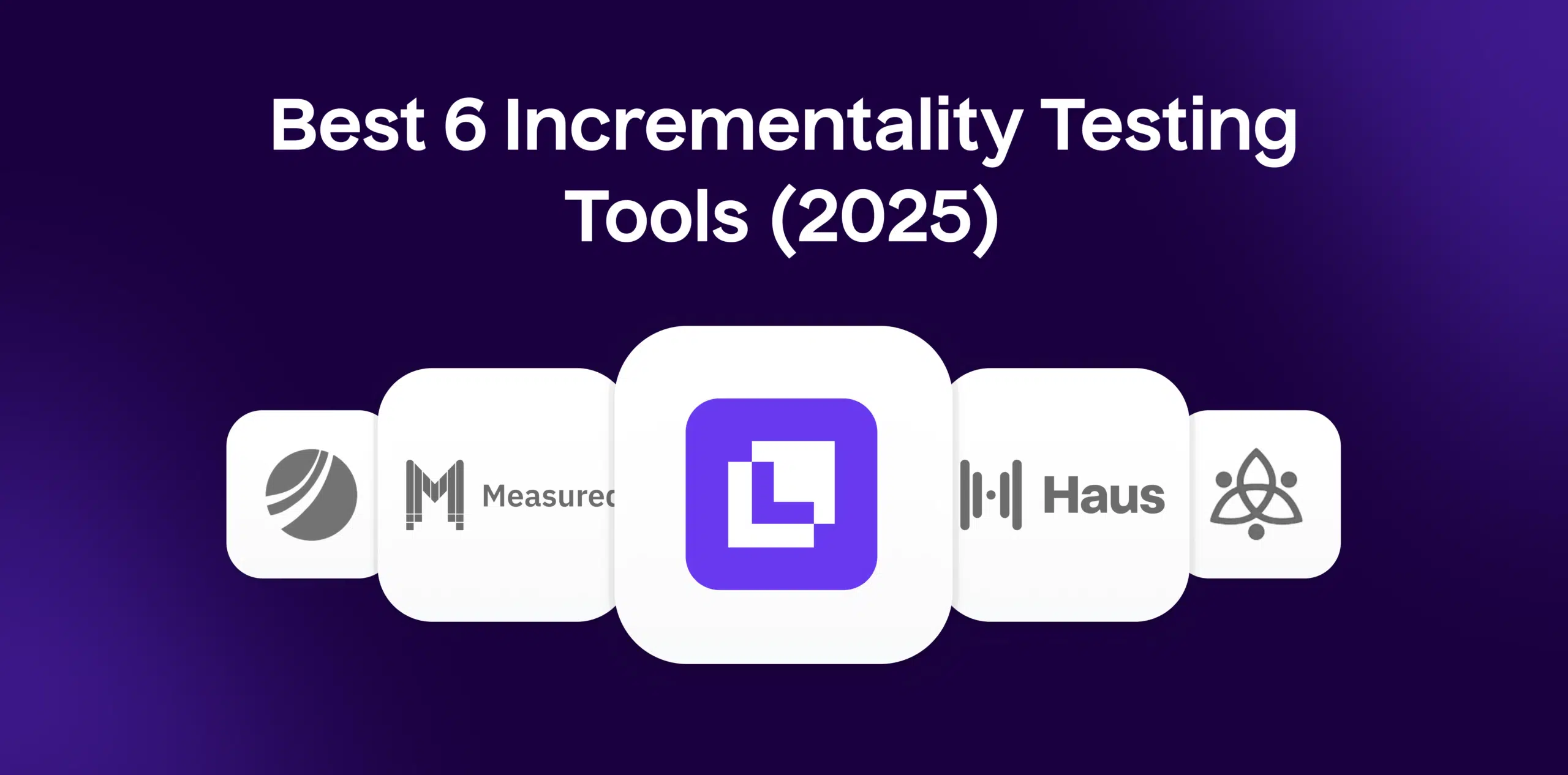What is Cost per click?
Cost Per Click (CPC) is a metric used by are entrepreneurs and online marketers to measure the effectiveness of their advertising and online marketing campaigns. CPC is calculated by dividing the total cost of a campaign by the total number of clicks. It is important to use this metric to determine the success of your campaigns to ensure adequate cost-effectiveness.
Formula
CPC = Total Cost / Total Clicks
Example
If you spend a total of $150 on your online ads and you got 100 clicks, the cost per click would be $1.50.
Why is CPC important?
CPC is important because it allows you to track the performance of your campaigns and identify areas of improvement. For example, if you notice that your CPC is rising over time, you can adjust your target audience or bidding strategy to ensure that you are getting the most from your marketing efforts.
Which factors impact CPC?
CPC is affected by a variety of factors, including the competitiveness of your industry, the type of keywords you’re bidding on, the size of your bid, and the demographics of your target audience.
How can CPC be improved?
The following tips can help you improve your CPC metric:
- Bid strategically.
- Set realistic budgets for each campaign.
- Target your campaigns to a relevant audience.
- Optimize your ads for the keywords and audiences that are performing best.
- Only select high-performing keywords for your campaigns.
- Test different ad formats and creative to determine what works best.
What is CPC’s relationship with other metrics?
CPC is important to track, but it should not be considered in isolation. It’s important to consider other ecommerce metrics, such as conversion rate, ROI, and cost per action. These metrics should be monitored in conjunction with CPC to get a comprehensive picture of how your campaigns are performing.
Free essential resources for success
Discover more from Lifesight
























































